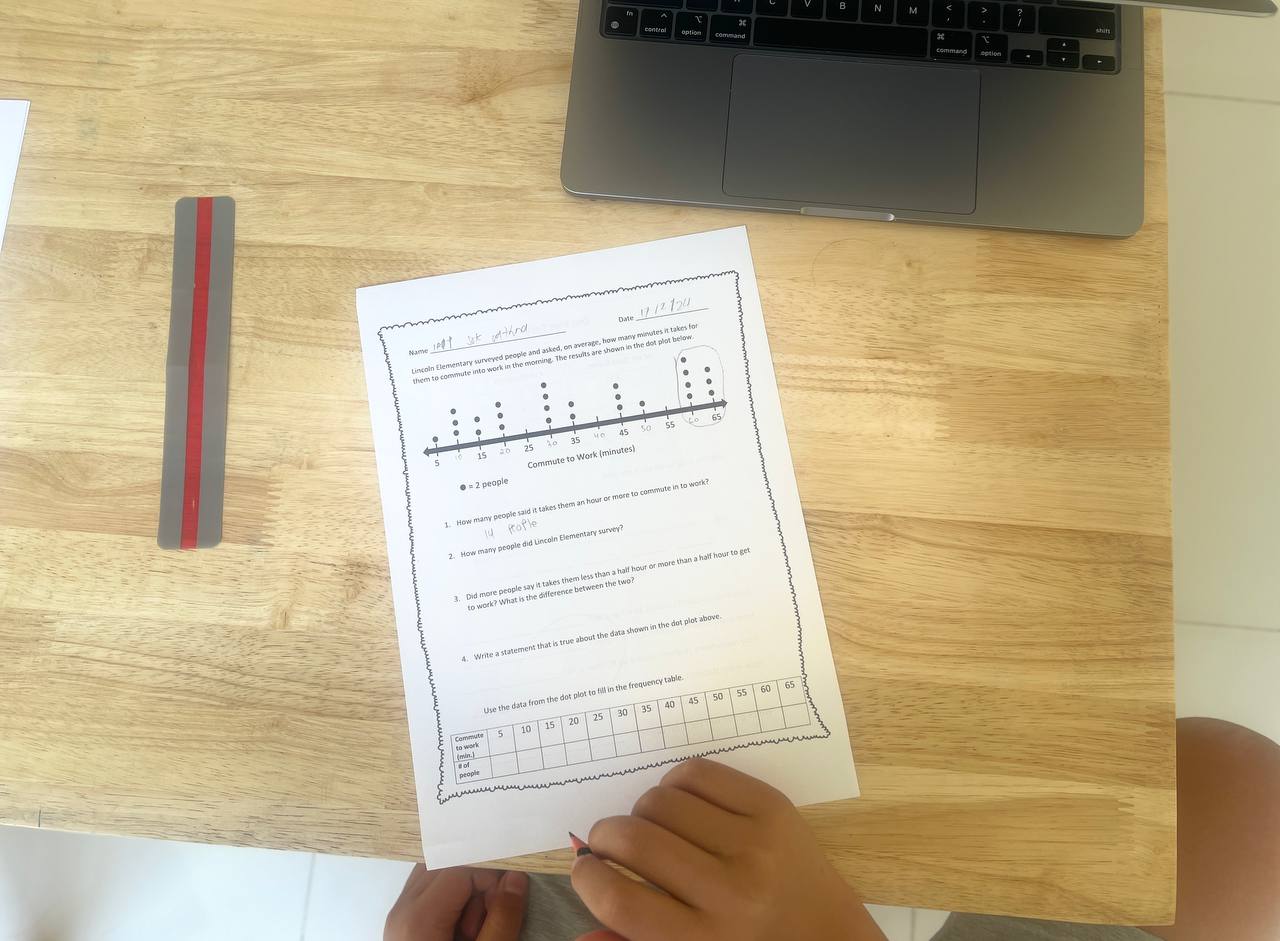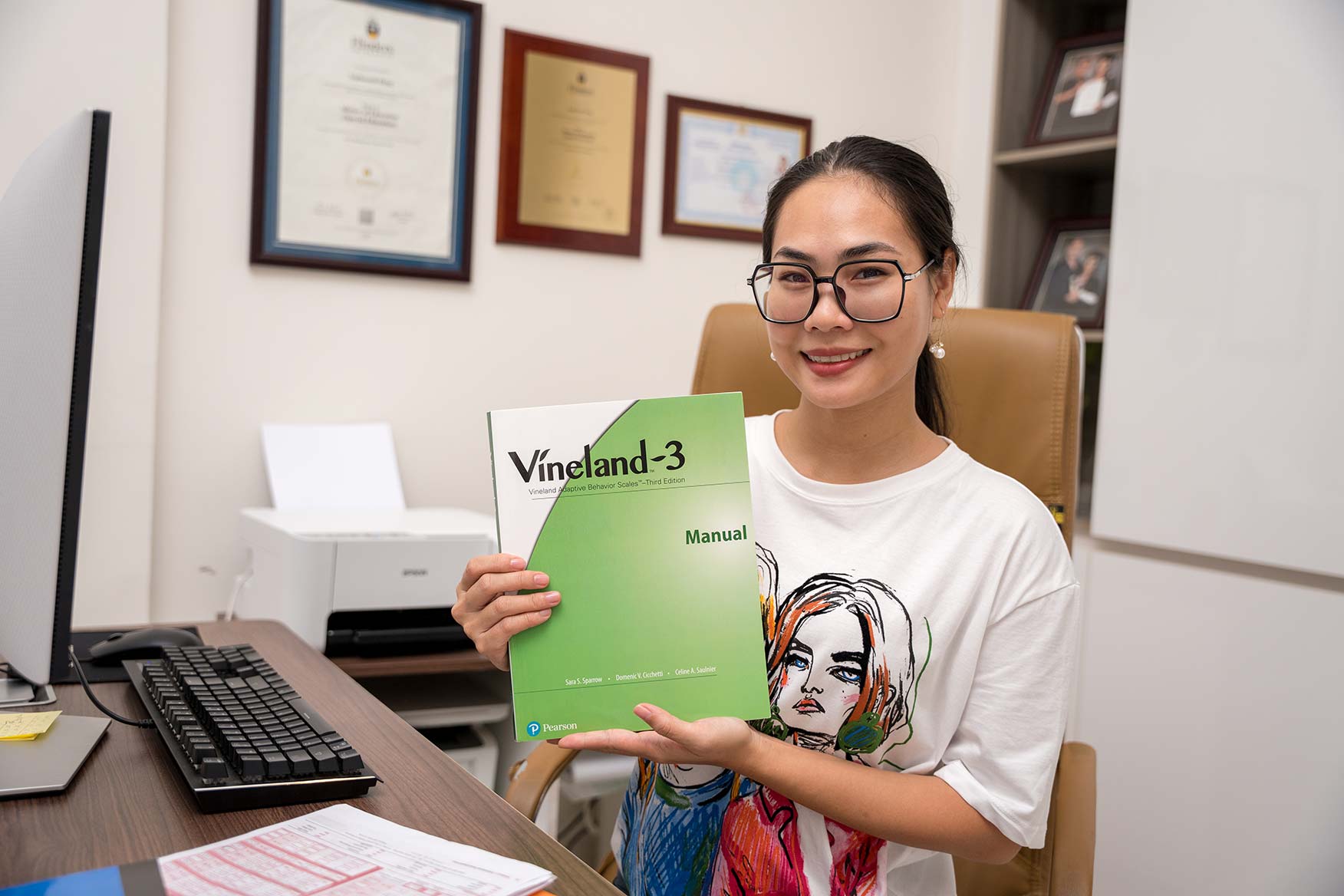Academic assessment is the process of gathering and interpreting information about student learning in order to improve teaching and learning. It is a systematic process that involves identifying learning goals, selecting appropriate assessment methods, collecting and analyzing data, and using the results to make informed decisions about instruction and curriculum.
Academic assessment can be used to inform a variety of decisions, including:
- Student placement: Academic assessments can be used to determine a student’s readiness for a particular course or program, or to identify students who may need additional support.
- Grading: Academic assessments are used to assign grades to students and to measure their progress over time.
- Curriculum development: Academic assessments can be used to identify areas where the curriculum may need to be revised or improved.
- Teacher effectiveness: Academic assessments can be used to evaluate teacher effectiveness and to identify areas where professional development may be needed.
Academic assessments can be classified into two main types: formative and summative.
Formative assessment is used to monitor student learning during the learning process. It is typically used to provide feedback to students and teachers so that they can adjust their instruction and learning strategies accordingly. Examples of formative assessments include quizzes, homework assignments, and class discussions.
Summative assessment is used to measure student learning at the end of a learning unit, course, or program. It is typically used to assign grades to students and to make decisions about student placement and advancement. Examples of summative assessments include tests, exams, and final projects.
Assessment methods
There are a variety of different assessment methods that can be used to measure student learning. Some of the most common assessment methods include:
- Tests and exams: Tests and exams are typically used to assess student knowledge and understanding of a particular subject or topic.
- Essays and projects: Essays and projects allow students to demonstrate their critical thinking, writing, and research skills.
- Performance-based assessments: Performance-based assessments require students to demonstrate their skills and knowledge in a real-world context. Examples of performance-based assessments include presentations, lab experiments, and artistic performances.
- Portfolios: Portfolios are collections of student work that can be used to assess student progress over time. Portfolios can include a variety of different types of work, such as essays, projects, and test scores.
Assessment data
Assessment data is the information that is collected from academic assessments. Assessment data can be used to identify individual student needs, to track student progress over time, and to evaluate the effectiveness of teaching and learning programs.
Assessment for learning, assessment of learning, and assessment as learning
Assessment for learning, assessment of learning, and assessment as learning are three different ways of thinking about assessment.
Assessment for learning is used to provide feedback to students and teachers so that they can adjust their instruction and learning strategies accordingly.
Assessment of learning is used to measure student learning at the end of a learning unit, course, or program.
Assessment as learning is an ongoing process that involves students in reflecting on their own learning and setting goals for their future learning.
Benefits of academic assessment
Academic assessment has a number of benefits for students, teachers, and schools.
For students, academic assessment can help them to:
- Identify their strengths and weaknesses
- Set goals for their learning
- Track their progress over time
- Develop self-assessment skills
For teachers, academic assessment can help them to:
- Provide feedback to students on their learning
- Identify students who may need additional support
- Evaluate the effectiveness of their teaching methods
- Make informed decisions about curriculum and instruction
For schools, academic assessment can help to:
- Improve student achievement
- Identify areas where the curriculum may need to be revised or improved
- Evaluate the effectiveness of teaching and learning programs
- Make informed decisions about resource allocation
Academic assessment is an essential part of the teaching and learning process. It can be used to improve student achievement, to identify areas where the curriculum may need to be revised or improved, and to evaluate the effectiveness of teaching and learning programs.





Leave A Comment